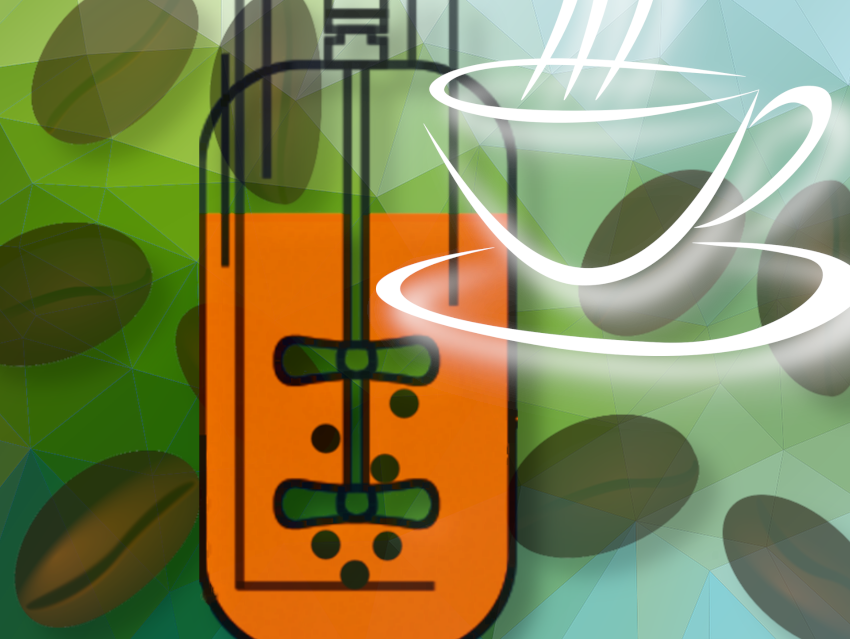Global coffee production faces challenges related to land use, climate change, and sustainability while demand continues to rise. Biotechnology has the potential to reduce environmental impact while maintaining production. Cellular agriculture, which involves the contained cultivation of cells in bioreactors to produce agricultural commodities rather than relying on farmed animals or crops, has already made an impact in several sectors. Since the 1970s, researchers have been exploring the use of lab-grown coffee plant cells as a substitute for farmed beans. However, there has been limited research on the taste and aroma of laboratory-produced coffee compared to traditional beans.
Heiko Rischer and colleagues, VTT Technical Research Centre of Finland Ltd, Espoo, have described the production of coffee cells on a small scale in the laboratory and characterized the brews resulting from different roasting processes using chemical and sensory evaluation methods and compared them with conventional coffee. The team first cultured cells from chopped Coffea arabica leaves in a lab-scale bioreactor. The plant cell biomass was harvested by filtration and freeze-dried in airtight containers in a freezer at -20°C until roasting. The cells were ground to a fine powder and roasted under three different conditions. Longer roasting times produced colors similar to dark roasted coffee beans.
The team brewed beverages with the roasted cell cultures or dark roasted C. arabica beans and served them to trained taste testers. The researchers found that even under non-optimized process conditions, cell culture-derived coffee had an aroma profile with similar odorants to conventional coffee. Roasting clearly influenced the aroma profile.
However, the absence of several key coffee odorants indicates that further optimization is required to achieve the coffee-characteristic aroma profile. In contrast to conventional coffee, the dominant odor and flavor attributes of cell culture-derived coffee were burnt sugar-like and smoky, but less roasted. The intensities of bitterness and acidity were similar to those of conventional coffee. Some Maillard reaction products that give coffee its distinctive flavor, such as guaiacol and several pyrazines, weren’t found in the cell-based beverages, although other Maillard reaction products were present.
It should be noted that cell-cultured coffee is considered a novel food and requires regulatory approval in the EU and US for commercial applications. Therefore, future studies should focus on toxicological and analytical studies as well as on technical aspects of coffee processing such as roasting and formulation, the team said.
- Proof of Concept for Cell Culture-Based Coffee,
Heikki Aisala, Elviira Kärkkäinen, Iina Jokinen, Tuulikki Seppänen-Laakso, Heiko Rischer,
J. Agric. Food Chem. 2023, 71(47), 18478–18488.
https://doi.org/10.1021/acs.jafc.3c04503
Also of Interest

Interview with Heiko Rischer, VTT Finland, about the potential of cellular agriculture for sustainable food production




